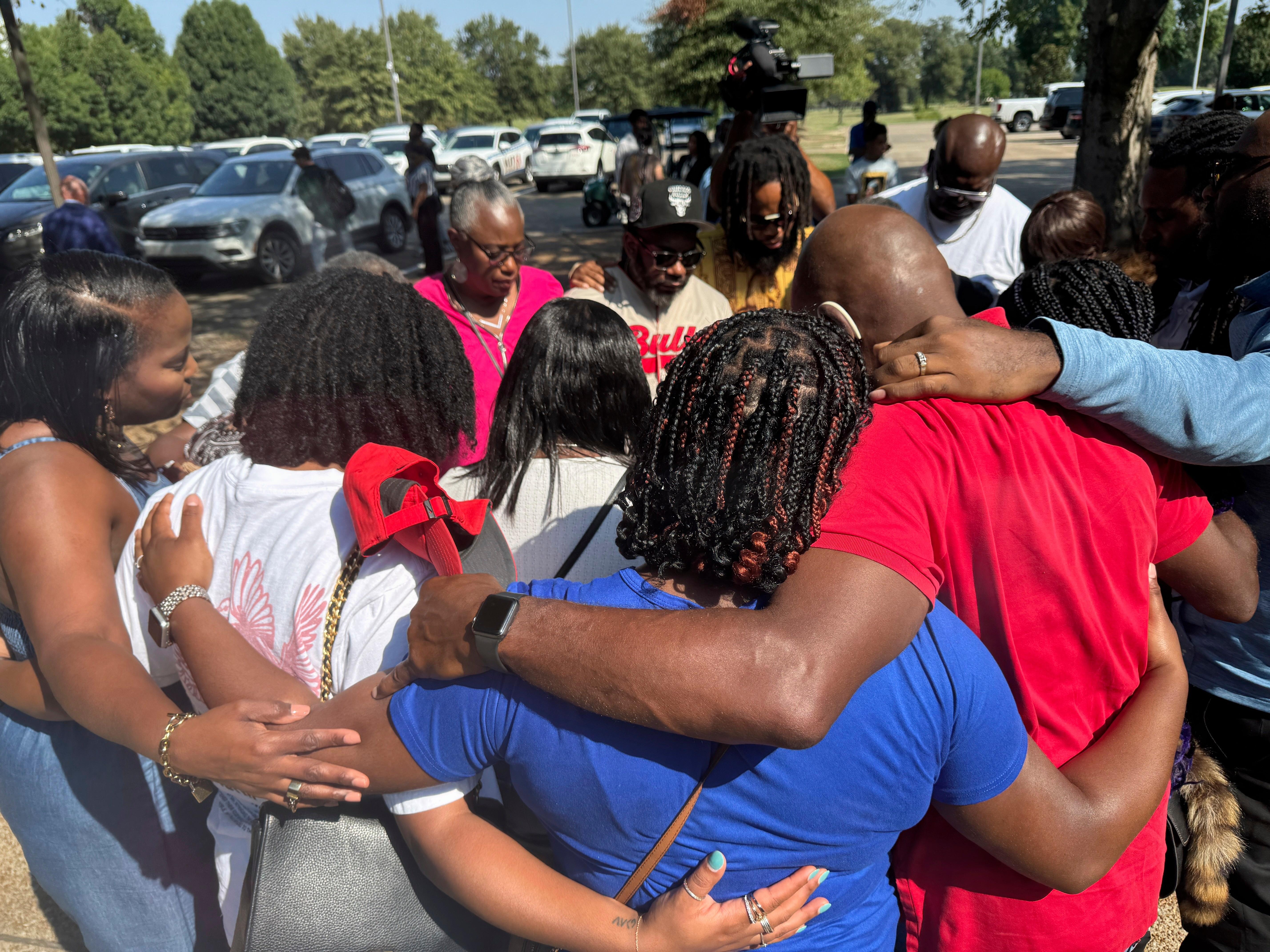The death of Delta State University student Demartravion “Trey” Reed has officially been ruled a suicide by the Mississippi state medical examiner, but the case continues to draw national attention and calls for independent investigation.
Reed, a 21-year-old Black student from Grenada, was found hanging from a tree near the pickleball courts on the Cleveland campus Monday morning. Preliminary findings released by Bolivar County Coroner Murray Roark and confirmed by Chief Medical Examiner Staci Turner determined the cause of death to be hanging and the manner of death as suicide. No signs of assault, broken bones, or injuries consistent with foul play were found.
A dark history shapes perceptions
Reed’s death reignited painful memories in Mississippi, a state with more than 650 recorded lynchings, the highest number recorded in U.S. history. Within hours of his body being discovered, rumors spread online that Reed had been the victim of a hate crime, amplified by individuals and prominent national organizations like the NAACP.
During a campus press conference, Delta State President Dan Ennis said the university is mindful of how the circumstances of Reed’s death further complicated the situation.
“We recognize that this is not only about facts, it's about emotions and it's about feelings and the way this loss and how it was discovered affects people's lives,” Ennis said
State leaders push back on “rush to judgment”
Mississippi Public Safety Commissioner Sean Tindell told MPB that while he understands why Mississippi’s history of racial violence raised questions about Reed’s death, he believes it was reckless for people to declare it a lynching before the investigation was complete.
“We haven’t had a documented case of a lynching in decades. So when somebody jumps to that conclusion, I would believe that they’re just trying to get the clickbait and get you to come look at their stuff,” Tindell said.
He said rushing to conclusions and spreading misinformation on social media can create public safety risks, discourage witnesses from coming forward and add trauma for families.
“You have to be cognizant of the source of information when you see it online,” Tindell said. … “Remain calm and give us time to complete these investigations. The families deserve that and we want to be able to give that to them.”
He added that families have every right to seek independent autopsies, saying he would do the same in their position.
Posting on social media, Gov. Tate Reeves described Reed’s death as a tragedy and condemned what he called “speculation from people who have no facts or evidence.” He also praised the students at Delta State for coming together to hold a candlelight vigil for Reed Thursday night.
“That is the Delta State I know. And that is the Mississippi I know,” Reeves said.
Family presses for transparency
Still, some of Reed’s relatives say they’ve been left in the dark. Their attorney, Vanessa Jones, criticized the university for a lack of transparency and demanded the release of video footage from security cameras.
“From the moment he left his dorm room or entered that campus, there should be surveillance of all of his actions … bring the surveillance, bring the cameras, so that we'll know exactly what happened to Trey Reed,” Jones said
National civil rights attorney Ben Crump, who is also representing Reed’s family, said they will commission an independent autopsy.
National response
Reed’s death has prompted calls for federal involvement. Rep. Bennie Thompson urged the Department of Justice and FBI to open a civil rights investigation, citing Mississippi’s history of racial violence.
All investigative files have been turned over to the FBI and the U.S. Attorney’s Office for review, according to the state medical examiner’s office.
The Southern Poverty Law Center linked Reed’s case to the death of a white homeless man found hanging in Vicksburg on the same day, saying both incidents must be thoroughly investigated.



